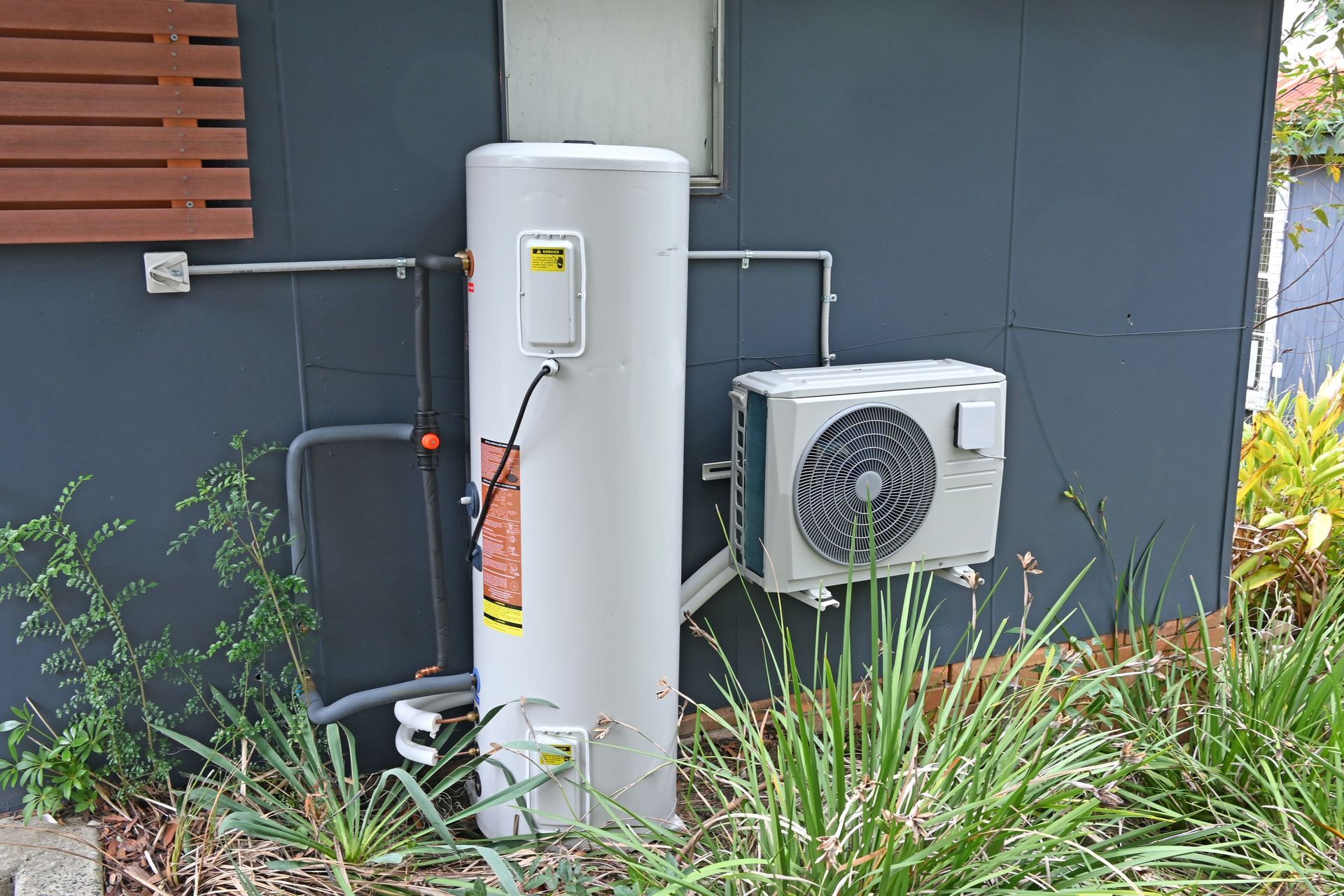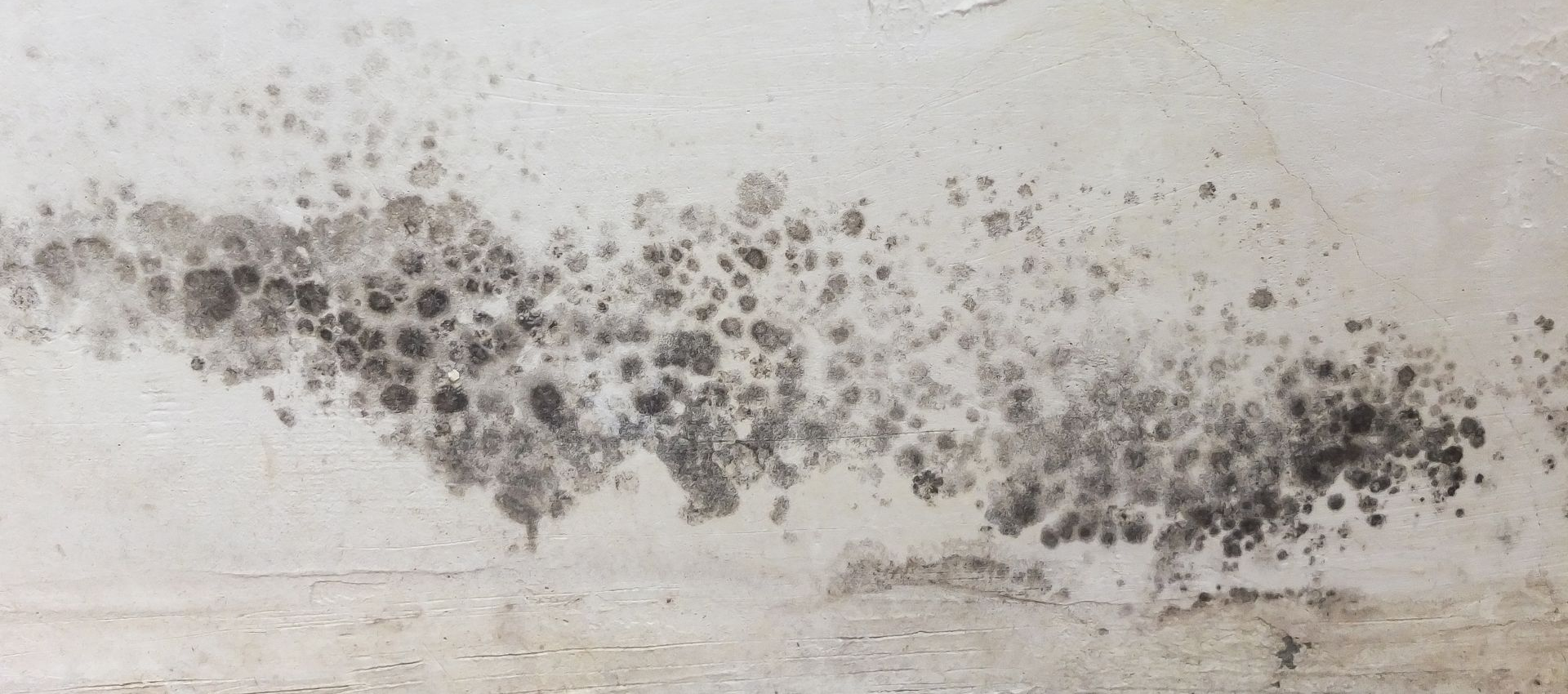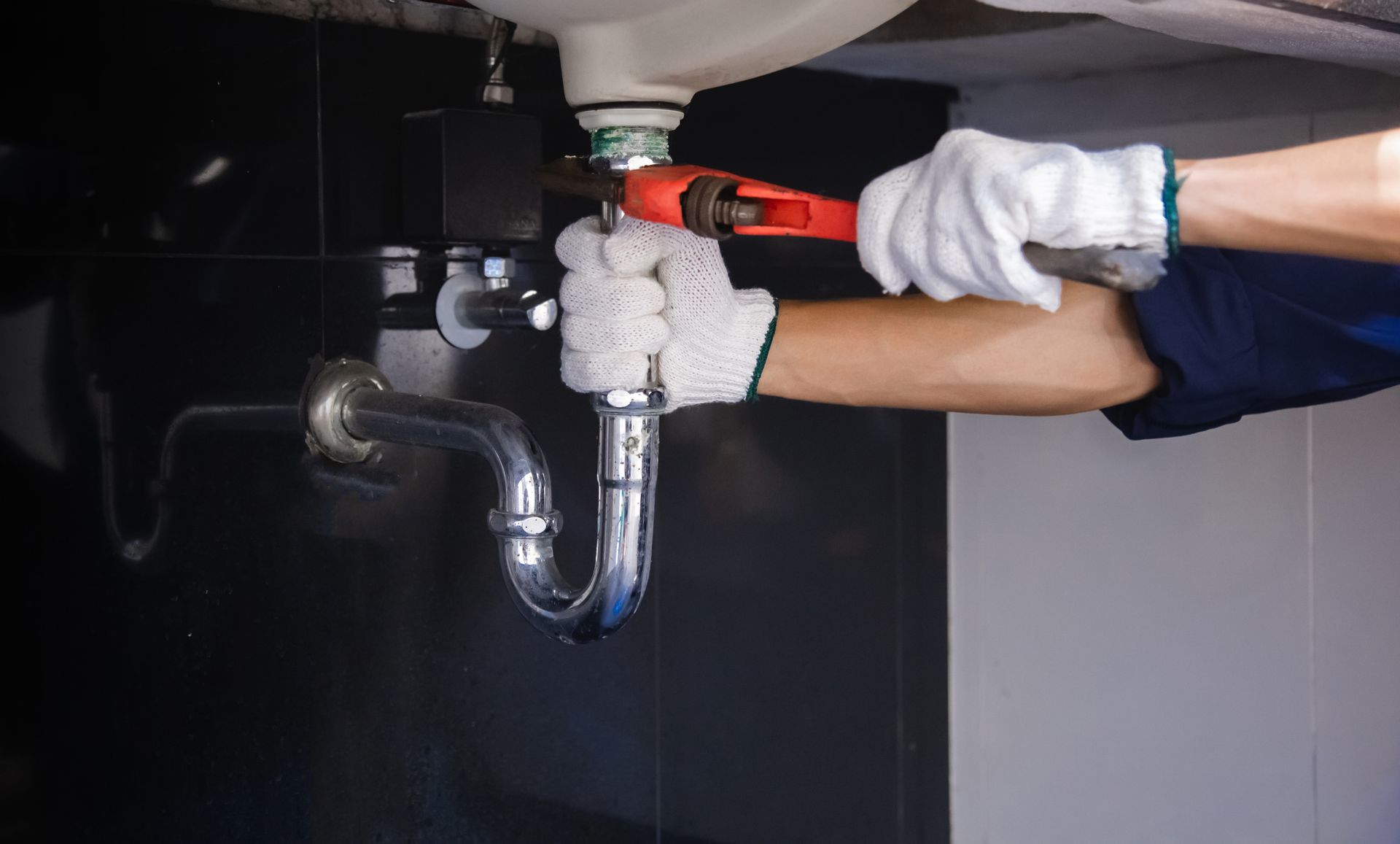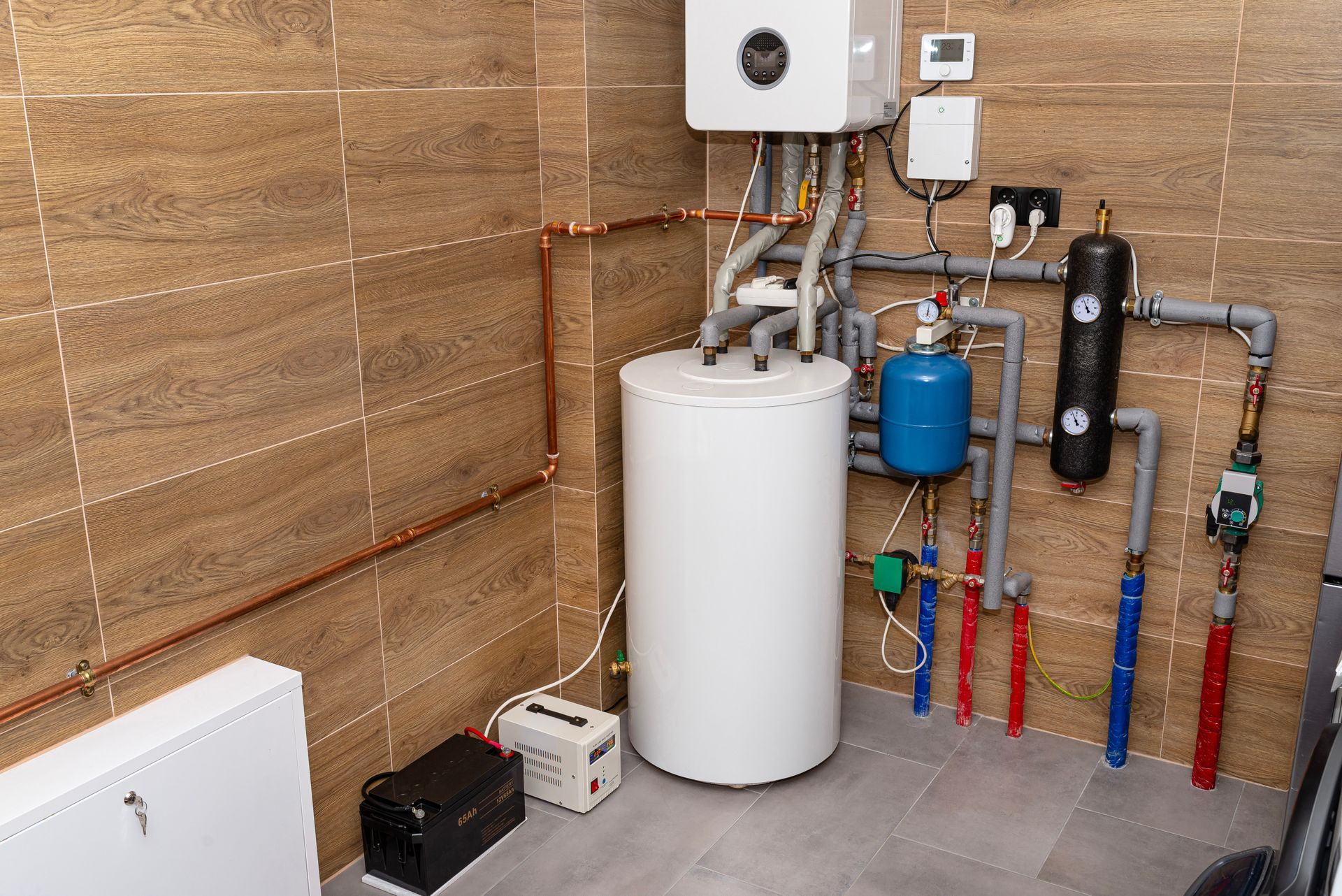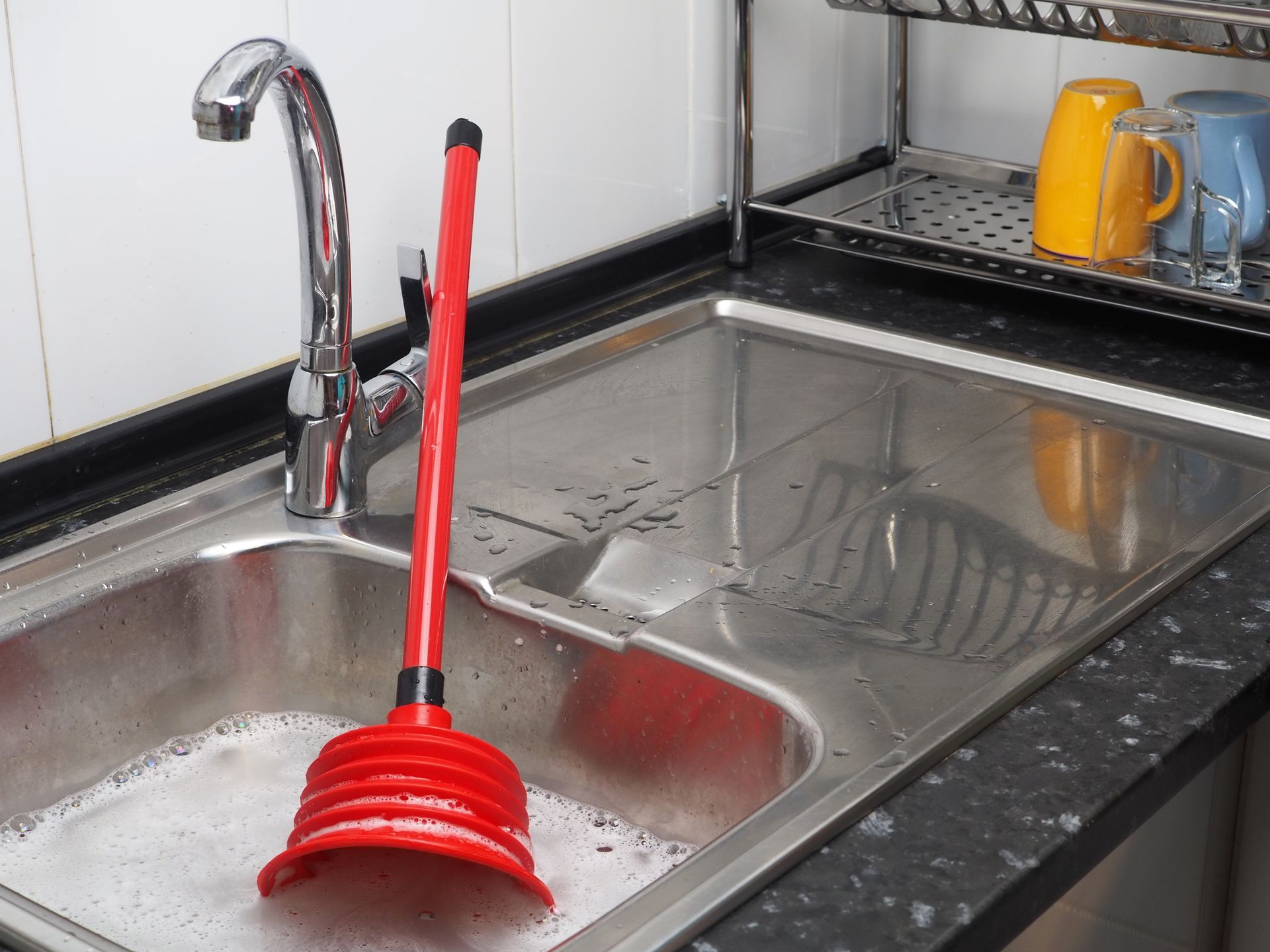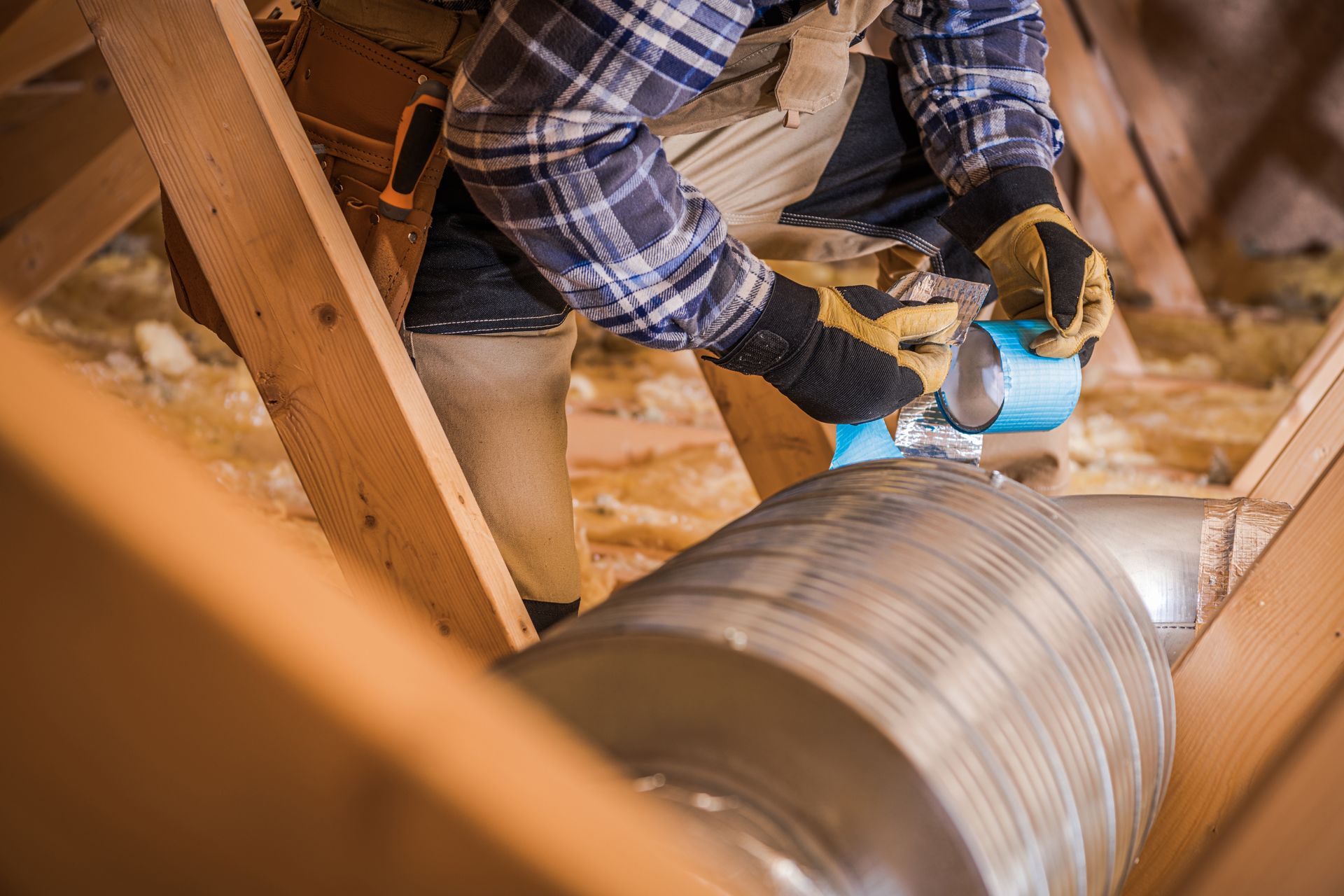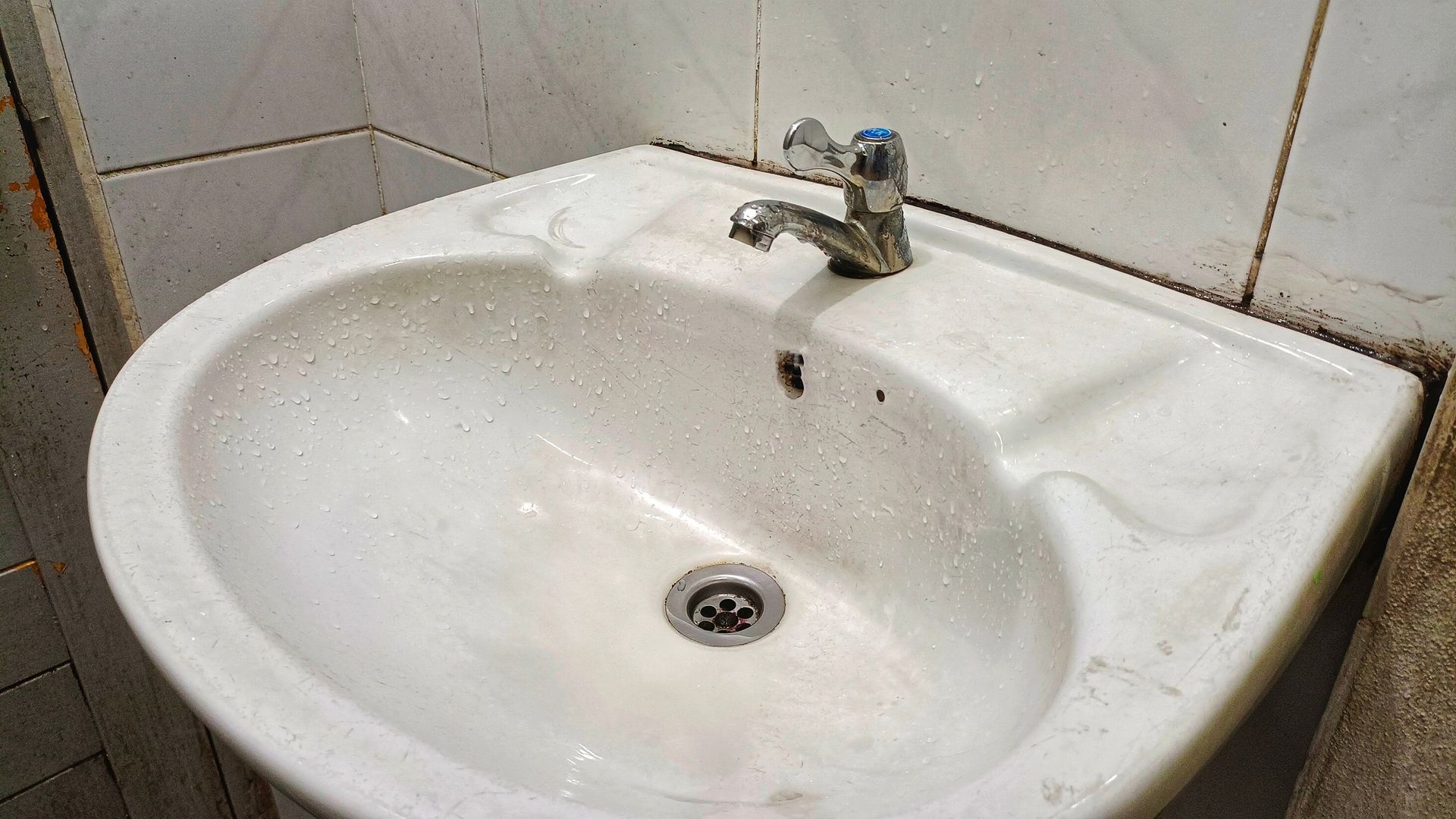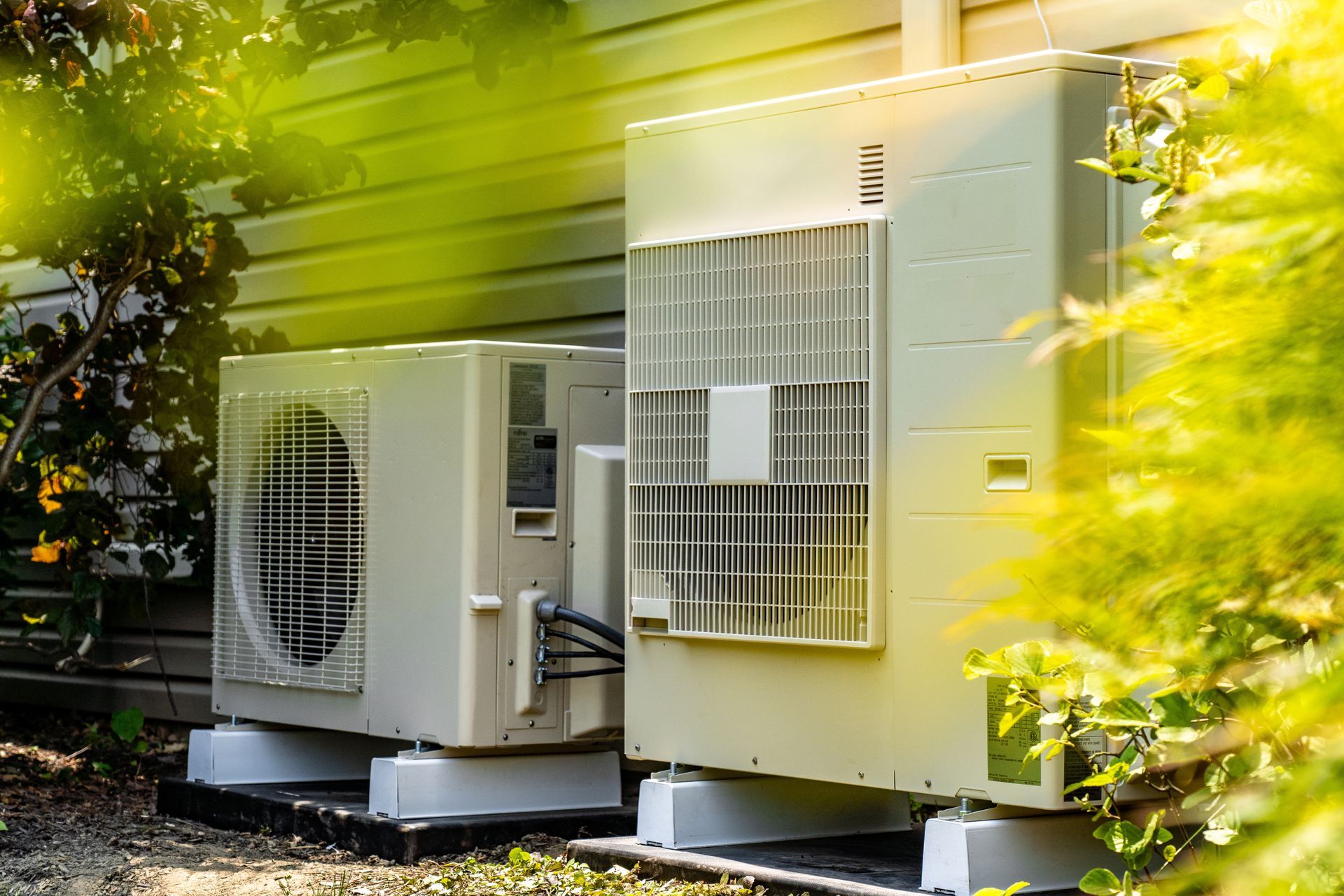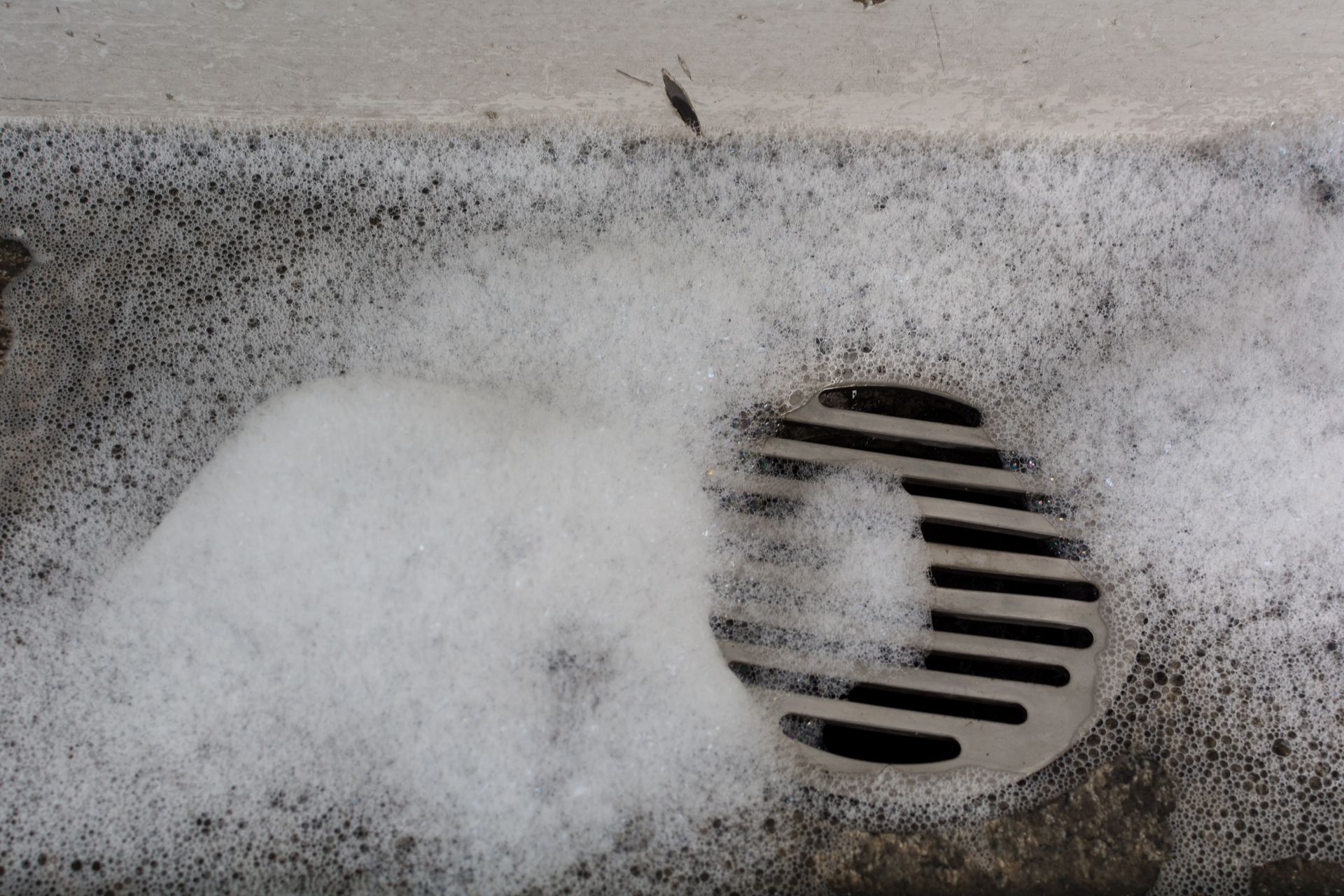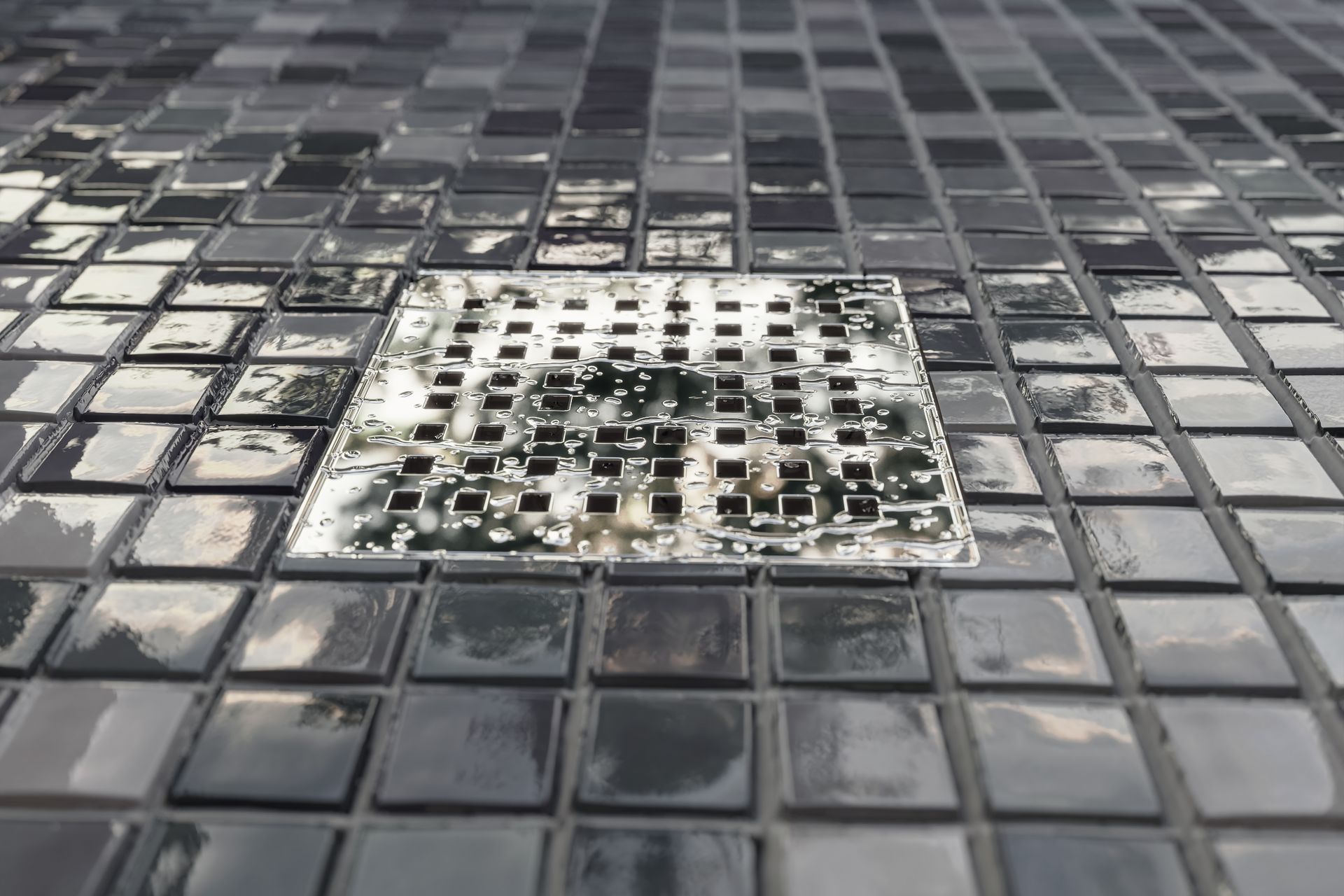9 Common Reasons Your Air Conditioner Smells Bad
Have you noticed an unpleasant smell from your AC air vents? It's vital to know how to diagnose odors coming from HVAC air vents, as these can hint at many underlying issues.
In this blog post, our team – experts in HVAC repair Macon, GA – will share their cheat sheet for HVAC air vent odor diagnosis – revealing the top 9 most common reasons your air conditioner smells bad when turned on.
A Quick Guide to HVAC Air Vent Odor Diagnosis
- Air conditioner smells musty, moldy, or mildewy: This is the most common HVAC air vent odor diagnosis. It signals the presence of mold or mildew in the AC unit, often due to improper cleaning or a leak.
- Air conditioner smells like sewage: This smell indicates a serious problem, such as a backed-up or ruptured sewer line near your AC’s ductwork. Consult with an HVAC repair & plumbing expert quickly.
- Air conditioner smells like burning: If you notice this smell, it could signify an electrical issue in your HVAC unit. Shut down the unit immediately and consult an HVAC repair professional. Leaving it running could be dangerous.
- Air conditioner smells like chemicals: This smell could indicate a refrigerant leak, a problem with the Freon in your unit, or the use of an incompatible cleaning product.
- Air conditioner smells dusty: A dusty smell generally means the air filter in your unit is dirty and needs replacement to improve your indoor air quality.
- Air conditioner smells like stinky feet / dirty socks: Stagnant water collected in an AC unit may cause this unpleasant smell. A quick cleaning and repair to ensure condensation can drain properly should remedy the problem.
- Air conditioner smells like rotting garbage: This could indicate a small animal has found its way into your ductwork, died and begun to decompose there. This isn’t dangerous, but it’s unpleasant, and you'll want to have an AC repair professional remove the dead animal.
- Air conditioner smells like rotten eggs: This smell can indicate a gas leak. Natural gas is odorless, but manufacturers add the smell of rotten eggs to help homeowners detect leaks. Leave your house and call your gas company first, then an HVAC repair company.
- Air conditioner smells like car exhaust: It’s possible to smell exhaust fumes if engine fluids leak out of the AC system. To prevent a dangerous situation, consult a professional immediately.
How to Prevent Smells Coming From HVAC Air Vents
Now you know how to diagnose common smells coming from HVAC air vents – but prevention is always better than cure, so here's how you can prevent smells coming from HVAC air vents in future:
- Change your AC air filter regularly: Changing your air filter regularly can prevent a dusty smell and ensure better air quality.
- Clean your AC unit regularly: Professional cleaning at least once a year can help eliminate musty smells and extend your AC unit's lifespan.
- Inspect your AC unit regularly to prevent leaks:
Regular inspections can help spot and fix leaks that can lead to mold and mildew growth.
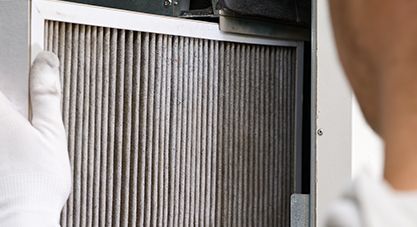
- Use a dehumidifier in your home: This device can reduce moisture build-up and prevent mold growth in your unit.
- Ventilate your home: Open windows and doors when possible to improve ventilation and reduce the risk of mold growth.
What To Do If Your HVAC Air Vents Smell?
At Buzzell Plumbing, Heating, and AC, we understand how demoralising and upsetting it can be to live with unpleasant HVAC air vent odors in your home or business. Our teams in Warner Robins and Macon, GA, are experts in HVAC air vent odor removal and will have the problem fixed and your home smelling fresh and pleasant in no time.
Contact Buzzell Plumbing, Heating, and AC today to schedule your HVAC air vent odor diagnosis.
Call us today on
(478) 923-5642
(Warner Robins) or
(478) 974-5255
(Macon) for all your residential HVAC & plumbing needs.
